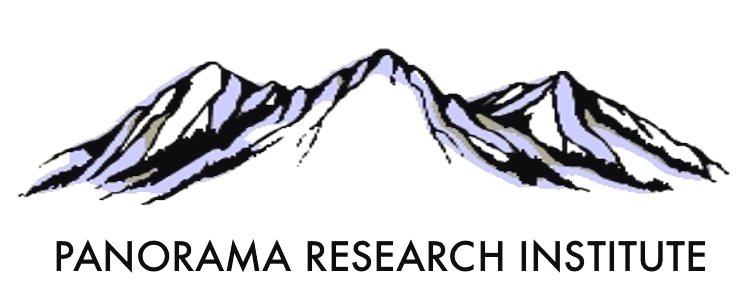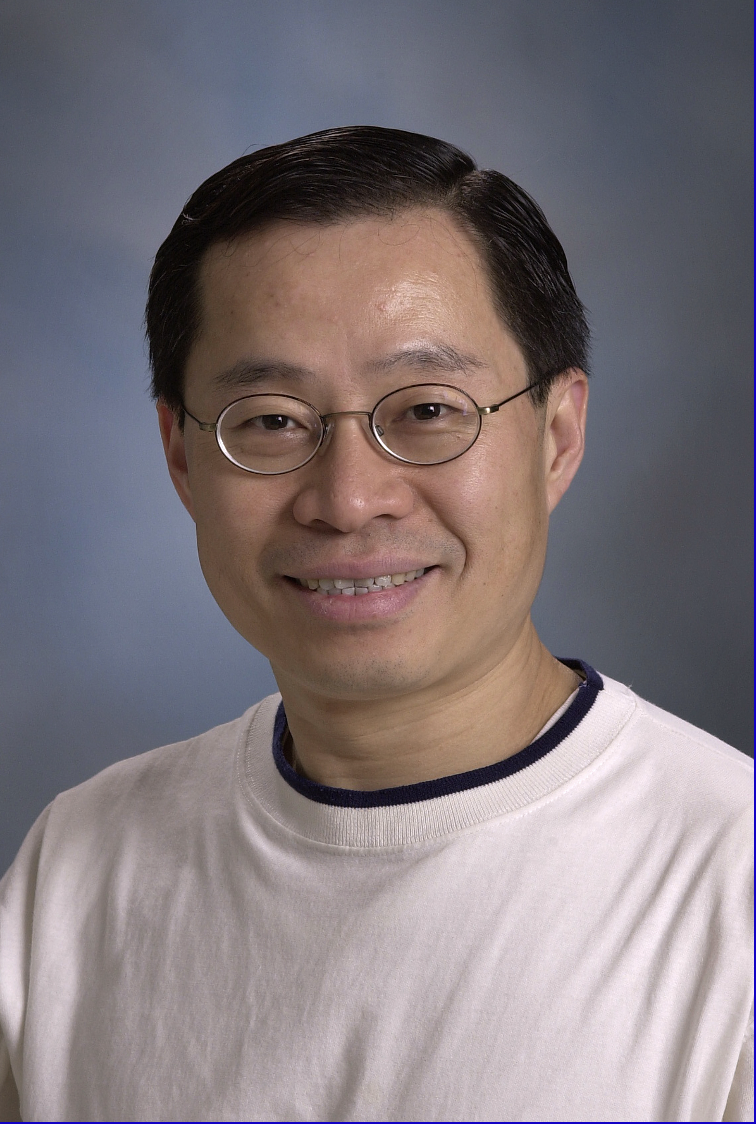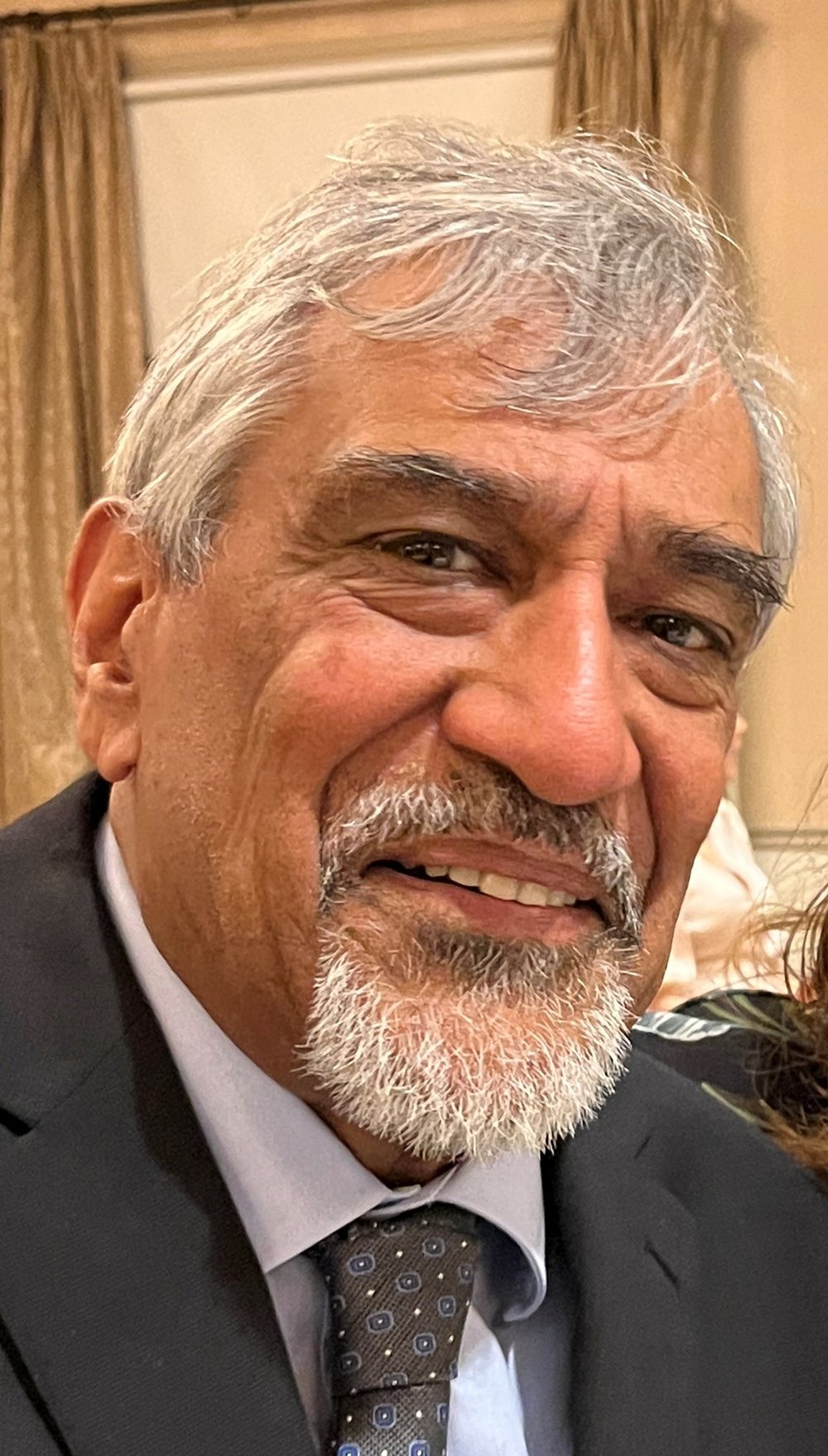The Panorama “Brain Trust”
Founder and Managing Director
James W. Larrick, MD, PhD
jwlarrick@gmail.com
Dr. James Larrick is a biomedical entrepreneur with an international reputation in biotechnology. He has developed expertise in cytokines, therapeutic antibodies, molecular biology, and pharmaceutical drug development over his thirty-five-year career. Dr. Larrick has written or co-authored nine books, published over 300 papers/chapters, and submitted more than fifty patents.
Dr. Larrick earned his M.D. and Ph.D. from Duke University as a graduate of the prestigious Medical Scientist Training Program. After completing his medical house-staff training at Stanford University, Dr. Larrick contributed to the development of the first therapeutic human monoclonal antibodies for cancer and infectious diseases as a oncology research fellow in the Stanford Cancer Biology Research Labs. He built upon this work as a founding scientist of Cetus Immune Research Labs, which he led during the 1980s.
In 1991, Dr. Larrick founded the Panorama Research Institute (PRI), a biopharmaceutical translational organization that he continues to lead to this day. Dr. Larrick’s PRI team has discovered and initiated the development of a diverse and innovative portfolio of pharmaceutical molecules addressing major unmet needs in cancer, infectious, autoimmune, cardiovascular, neurological and metabolic diseases. PRI has incubated over twenty five life science projects/companies, including legacy start-ups: Kalobios Inc., Galaxy Biotechnology Inc., NuGen Technology Inc., Adamas Inc., and Absalus Inc. (now Teva). PRI has also co-founded two companies in Europe: PanGenetics b.v. (Abbvie) and TargetQuest b.v. (Dyax). To date, PRI-initiated projects and/or companies have led to seven IPOs. Recent work at PRI has focused on Applied Healthspan Engineering -- the utilization of advances in molecular medicine to preserve well-being as we age.
Since the late 1990s, Dr. Larrick has served as head of biopharma project-screening for two angel investment groups, TENEX and, more recently, Life Science Angels (https://www.lifescienceangels.com/). In 2011, he co-founded Presidio Partners-funded Velocity Pharmaceutical Development, LLC, where he served as Managing Director and Chief Medical Officer in South San Francisco. Genetic Engineering News (GEN) has recognized Dr. Larrick as a “Top Serial Bio Entrepreneur” over multiple years.
Currently, he continues his roles at PRI and Life Science Angels, and serves on the boards of several biotechnology companies (e.g. Eumentis Therapeutics, https://www.eumentistx.com/ ) as well as chair of the SAB of AutoBahn Labs and WuXi Biopharma.
Dr. Larrick has organized and led several biomedical expeditions to study nutrition, malaria, genetics, and high-altitude adaptation among native peoples of Ecuador, Peru, Guatemala, Nepal, India, Tibet, and China. In addition to providing financial support, he also currently serves on the boards of two non-profit organizations, the Sustainable Sciences Institute (www.ssilink.org) and the Sankofa Center for African Dance and Culture (www.thesankofacenter.org), which focus on education and the delivery of appropriate technology to less developed countries in Africa and Latin America and education, diagnosis, and therapy of HIV/AIDS and tuberculosis in Ghana, respectively. He also supports outreach clinics and hospitals in Ethiopia, Indonesia, Ecuador, and Bhutan (Juvare.org).
Managing Director
Piero H. Mendez
Piero Mendez is a biomedical engineer with expertise in company formation and early stage drug development. He has founded multiple companies and worked with a number of venture funds focused on biomedical sciences and therapeutics. As Managing Director, Piero identifies promising technologies that are suited for development at PRI. His focus is on technical, IP, and market development as well as partnerships with VCs and biopharma companies.
Chief Scientific Officer
Andrew R. Mendelsohn, PhD
Dr. Andrew R. Mendelsohn is responsible for all research and development of our potential therapeutic and diagnostic assets.
He holds a B.A in Biophysics and Natural Science from the University of Pennsylvania, a PhD in Molecular, Cell biology and Biochemistry from Brown University, performed postdoctoral training at Harvard Medical School and previously was a Research Fellow at Nobel Laureate Sydney Brenner’s innovative organization, Molecular Sciences Institute, which sought to integrate computational and molecular biology.
Dr. Mendelsohn has over 17 years of experience in therapeutics development at Panorama Research and Larix Bioscience, where he previously served as Director of Molecular Biology. He is an expert in the biology of aging and the diseases associated with aging, especially neurodegenerative diseases, fibrotic diseases and cancer. He has expertise in protein-protein interactions, computational & structural biology, cell differentiation, reprogramming, signal transduction and synthetic biology. He has published over 70 scientific articles, 7 issued patents, and two books on the biology of aging. He has co-founded several biotechnology companies including Wntgen LLC, which developed Wnt signaling modulators, and Eumentis Therapeutics, which is focused on treating neuropathological disorders in children. He founded and serves as the research director at the Regenerative Sciences Institute, a non-profit organization based at PRI, that specializes in developing synthetic biological approaches to the biology of aging and regenerative medicine. As our Chief Scientific Officer at Panorama Research/Larix Biosciences, he directs a team of dedicated researchers to develop novel therapeutics for wide-ranging unmet medical needs.
Mickey C-T. Hu, MS, PhD — Principal Investigator and Director, Discovery Oncology, PIMM
Mickey Hu earned his PhD from Caltech. Dr. Hu is best known for his discovery of the anti-aging gene FOXO3 as a key tumor suppressor. Current research is focused on immune cell functions and regulation in the tumor microenvironment, and the role of immunomodulatory therapeutics in the regulation of immune checkpoints and tumor suppression. His lab studies the molecular pathways underlying the crosstalk between cancer cells and immune cells, and the interplay between aging and cancer. Currently, he is developing immunomodulatory drugs that boost cancer immunotherapy and investigating the mechanisms of cancer cell reprogramming, with the goal of identifying potential targets for novel cancer therapies.
Manley Huang, PhD — Director, Immunology
Manley Huang holds a PhD in Microbiology from Oregon State University. Following post-doctoral studies at Genentech, he worked as a Senior Scientist at GenPharm, ALZA Corp., and Genencor (now DuPont Danisco), where he was Head of Biological Sciences, and a member of the Pharma Management Team. He joined Panorama in 2005 as Director of Immunology. As a Co-Founder with Dr. Larrick of TransTarget, he is working on novel approaches to cell-based therapies for cancer. With over 25 years experience in immunology, assays of immune function, protein engineering, and the development of animal models, Dr. Huang’s expertise is a valuable asset to PRI.
John M. Wages, MS — Senior Scientist, VP Technology Evaluation
John Wages earned a Master’s degree in biology/biochemistry from The Johns Hopkins University in 1988. He is a co-author on over 100 publications in the fields of nucleic acid diagnostics and novel PCR applications, together with 8 issued US Patents in the fields of virology, DNA diagnostics, nucleic acid sample preparation, and monoclonal antibody therapeutics. He has over 30 years of experience as a research scientist and senior manager with several small and mid-sized life sciences companies. After holding senior scientist positions at SRA Technologies, Genelabs Technologies, AntiVirals (now Sarepta Therapeutics), Applied Biosystems, and Genemed Biotechnologies, he joined Panorama Research in 2010. Currently, he is a Senior Research Scientist and VP Technology Evaluation at PRI and also is co-founder of several new companies being incubated in the Panorama space, including Lucidant Polymers, CTS Biopharma, Nepenthe Biosciences, and Pyrogenyx.
Vikram Sharma, PhD — Director, Phage Display
Vik Sharma, PhD, Oregon Health Sciences University (1992), has a broad range of experience in molecular biology and monoclonal antibody discovery and characterization. He has particular expertise in the construction and application of antibody phage display libraries to screen, identify, express, purify and characterize putative therapeutic antibodies against human or viral targets of interest involved in human disease. Formerly a senior scientist with Clontech, he joined Genelabs in 1985, where he was a key member of the team that identified hepatitis C virus (HCV) and, later, hepatitis E virus (HEV). Since 2002, he has focused on the use of antibody phage display to identify antibodies of potential therapeutic use against human disease. From library construction using blood and bone marrow, to the screening and subsequent expression, purification and characterization of newly discovered antibodies in E. coli and cell culture; to the conversion of scFv and Fab clones into full-length immunoglobulin or derivate molecules of the same, Vik has successfully isolated antibodies against multiple key therapeutic targets.
Advisors
-

Matthew Kerby, PhD — Senior Advisor, Biomedical Engineering
Matt has significant combined academic and industry bioengineering experience in microfluidics, drug discovery, quantitative modeling and structured data analysis. He holds a Ph.D. in Biomedical Engineering and is licensed in California as a Professional Chemical Engineer (PE). Matthew co-founded two life science companies, Lucidant Polymers and Cytomag at the Panorama Research Institute. He served as co-chairman of the Life Science Angels BIO screening committee for two years and has reviewed hundreds of proposals for funding. He worked at Velocity Pharmaceutical Development for over 10 years searching for and developing pharmaceutical compounds for multiple disease indications.
He earned a B.S. in Chemical Engineering from the University of California, Davis and obtained a M.S. in Biomedical Engineering from CSU Sacramento while working with the UC Davis Medical Center to create a mathematical model to quantitate diabetic severity in humans based on experimental tracer studies. He joined Point Biomedical Corp, a pre-IPO startup, to develop ultrasound contrast agent and formulate encapsulated drug delivery vehicles. These 5 micron-size particles were developed using optical test systems, lasers, microscopes and complex organic emulsions.
In 2000, he moved to Caliper Technologies to develop novel microfluidic tools for screening pharmaceutical inhibitors to human kinase enzymes. He worked with both the fundamental microfluidics group and systems integrations group to design complete assay platforms. He later founded his own consulting company and worked to engineer new fluidic products for cell transfection and pharmaceutical lyophilization.
He joined the Chemical and Biochemical Engineering laboratory of Dr. Anubhav Tripathi, an expert in fluid dynamics, at Brown University for Ph.D. studies. His thesis work integrated quantitative analysis of kinetics, microfluidics, molecular biology and viral diagnostics. The research increased the understanding of molecular conformation and structural influence on the mechanisms of transport, reaction kinetics and thermodynamic properties.
At Stanford University, he held a joint appointment in the departments of Engineering and Medicine as a Bioengineering Bio-X division postdoctoral scholar then staff. Matthew brought expert knowledge of device design and fabrication to enable several exciting collaborations on human stem cells, cancer cell resistance to therapeutics, next generation DNA sequencing and the properties of innate immune response. He developed integrated fluidic systems for electronic field effect transistor (FET) based diagnostics and tissue encapsulation systems for bone regeneration using adult adipose stem cells. He has published and presented in the fields of microfluidics and biomolecular analysis.
-
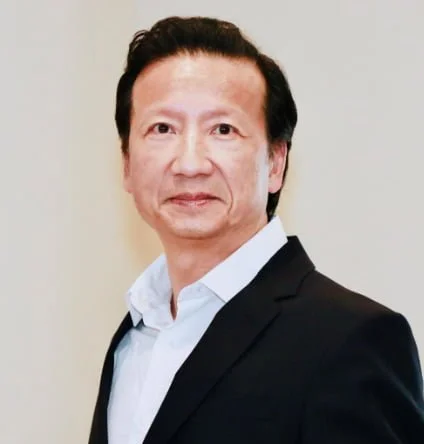
Xiaoming Zhang, PhD — Senior Advisor, Medicinal Chemistry
Dr. Zhang received a PhD from the University of Maryland, College Park, in the field of synthetic organic chemistry and pursued postdoctoral research at the University of California, Berkeley. He is an inventor on >25 US patents and patent applications. Xiaoming has a track record of discovering and developing bona fide new molecular entities. He cofounded Theron Pharmaceuticals, a clinical stage company developing a best-in-class bronchodilator for the treatment of COPD and uncontrolled asthma. He was previously the Senior Director of Chemistry at CoMentis Inc. In this capacity, he spearheaded cognition research effort targeting Alzheimer’s disease and cognitive deficit associated with schizophrenia. Dr. Zhang served as Director of Medicinal Chemistry at Millennium Pharmaceuticals, Portola and ARYx, where he successfully led the discovery and preclinical development of a number of new molecular entities, notably elinogrel and tecarfarin. Earlier in his career, Dr. Zhang was a research scientist and later program leader at Roche, where he successfully led the alpha1a adrenergic agonist program, culminating in the discovery of R1484 which was evaluated in the clinic for stress incontinence.
-

Cyrus Becker — Director, Medicinal Chemistry
Cyrus Becker has 25+ years of experience in medicinal chemistry and chemical development. He is an inventor on over 25 issued US patents. He served as chemistry lead for three projects which led to clinical-stage molecules: ATI-9242 (schizophrenia) – phase 1, tecarfarin (oral anticoagulant) – phase 3, and naronapride (gastroprokinetic) – phase 2. He has also played key roles in the lab and managing CDMO’s in the process development and manufacture of serlopitant, budiodarone, nitrosynapsin, and other molecules. Cyrus has worked at a diverse range of pharma and biotech companies including: Roche Bioscience; Associate Director of Chemistry at Aryx Therapeutics; Senior Scientist in Chemical Development at Menlo Therapeutics; and Managing Partner at Theratrophix. He is a co-founder of two venture capital backed companies: Eumentis Therapeutics and Corsair Pharma, as well as a PRI-founded company, Pyrogenyx.
-

Andrew Perlman, PhD — Senior advisor Pharmaceutical Project Development
Andy has had a notable career in drug development, most significantly at Genentech from 1988 to 1993, where he played a key role in the development, FDA approval, and marketing of human growth hormone (hGH, Nutropin) as Senior Director of Clinical Research. He was also responsible for the development of Genentech's entire portfolio of endocrine drugs and drug candidates. In addition, he maintained a research lab at Genentech and was a member of the team responsible for the evaluation and selection of new therapeutic drug candidates.
After Genentech, Andy was one of the first hires at Tularik, a new drug discovery company, where he served as Vice President and then Executive Vice President until 2004, except for nine months in 2002 when he served as CEO of Affymax. While at Tularik, Andy's responsibilities included participating in the selection of promising targets for new drugs and compounds for further development. In addition, he was responsible for clinical trial design and implementation, filing Tularik's first IND, and initiating the relevant clinical trials. Later he played an active role in Tularik's business development, investor relations, and financing activities, culminating with Tularik's acquisition by Amgen in 2004 for $1.3 billion.
Following the acquisition of Tularik, Andy was the founder and CEO of Innate Immune Inc., an early-stage biotech company focused on developing therapies for asthma and autoimmune diseases. He also worked with a team at The Palo Alto Research Center to determine the clinical value of a new technique for the identification and enumeration of rare tumor cells in the peripheral circulation. Andy is an advisor to 8VC and several biotechnology companies.
Andy earned a B.S. from MIT, an M.D. and a Ph.D. in physiology from New York University (NYU). He completed Ph.D. research in the laboratory of Nobel laureate Professor Eric Kandel. He received postgraduate clinical training at Stanford School of Medicine and NYU. He worked as a staff scientist at the Medical Research Council in London from 1983 to 1984, continuing his medical research on steroid hormone nuclear receptors. From 1984 to 1987, Dr. Perlman was an assistant professor at Stanford University where he conducted clinical work, teaching and research on hypertension.
-

Edward Schnipper, MD — Senior advisor Clinical Trials
Ed received his M.D. from Georgetown University School of Medicine. He completed a Hematology fellowship at New York University School of Medicine and an Oncology fellowship at Memorial Sloan Kettering Cancer Center. Dr. Schnipper began his career in the pharmaceutical industry at Hoffman-La Roche as an Assistant Medical Director and rose to the level of Vice President. He served as Vice President, Clinical Development, at ALZA Corporation from 1997 to 2001, where he played a leading role in the development and FDA approval of four of ALZA’s drug candidates as well as numerous other clinical programs. After the acquisition of ALZA, Ed served as President and CEO of Cellgate, a company developing novel anti-proliferative drugs to combat disease, where he raised over $50 million in venture capital. He also served as Executive Vice President & Chief Medical Officer of Novacea, a biopharmaceutical company focused on in-licensing, developing and commercializing novel therapies for the treatment of cancer.
-
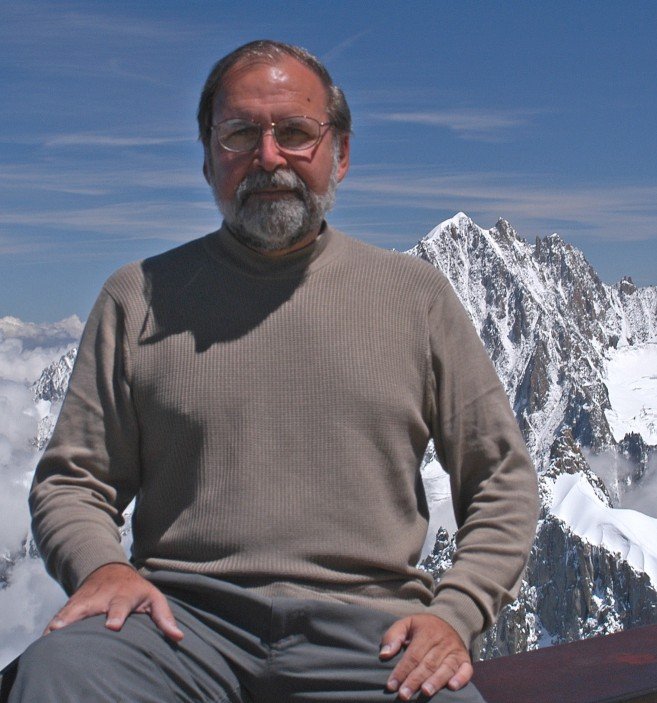
Howard Schulman, PhD -- Senior Advisor Cardiovascular Science
Howard received his B.S. in chemistry from UCLA and his Ph.D. in biological chemistry at Harvard University, studying phospholipid metabolism with Eugene P. Kennedy. Subsequently he undertook postdoctoral research in signal transduction in the Department of Pharmacology at Yale under the supervision of Nobel Laureate Paul Greengard. Dr. Schulman was a faculty member at Stanford University for 20 years, in the Departments of Pharmacology and of Neurobiology. He was most recently the Chair of the Department of Neurobiology and co-founder and co-director of the Stanford Brain Research Center. Dr. Schulman spent the past 15 years in industry focusing on therapeutic targeting of protein kinases based on structural and mechanistic insights and use of biomarkers in drug development. He joined SurroMed as Vice President, a biomarker discovery company whose biomarker assets were acquired by PPD, where he was Vice President of PPD Biomarker Discovery Sciences. In this capacity, he worked with pharmaceutical, biotechnology and diagnostic company leaders to develop biomarker discovery programs that facilitate their drug discovery and development or diagnostic programs. As a scientist he has been a major contributor to progress in the field of molecular pharmacology and signal transduction research for more than 25 years. Dr. Schulman co-discovered CaMKII, one of the key protein kinases responsible for transmitting information from calcium-linked hormones, cytokines and neurotransmitters in diverse tissues. Recently, Dr. Schulman was President and CSO of Allosteros Therapeutics, Inc. a company he co-founded to develop kinase-based therapeutic drugs for cardiovascular and oncology indications. Dr. Schulman is a Fellow of the American Association for the Advancement of Science.
-

Keren Ziv, PhD — Research Advisor
Dr. Keren Ziv received a PhD from the Weizmann Institute of Science Israel, in the field of cancer angiogenesis and MRI reporter genes. She pursued a postdoctoral fellowship at Stanford, where she conducted research in the field of regenerative medicine and heart diseases in the Molecular Imaging Program (MIPS). Keren has experience in both drug and medical device development.
Among her former roles, she was a senior director at X37, a biotech company using AI for rapid drug discovery, the head of strategic innovation at LevitasBio, a company applying magnet ic levitation technology for cellular analysis, the CSO of CytoMag, developing microfluidic systems for rapid cell isolation, and served as a fellow of Life Science Angels (LSA), medical device and BIO screening committees.
Keren is a board member of the Coulter program at University of Virginia, a translational research program with a mission to support, develop and validate translational research projects that can be widely adopted.
-
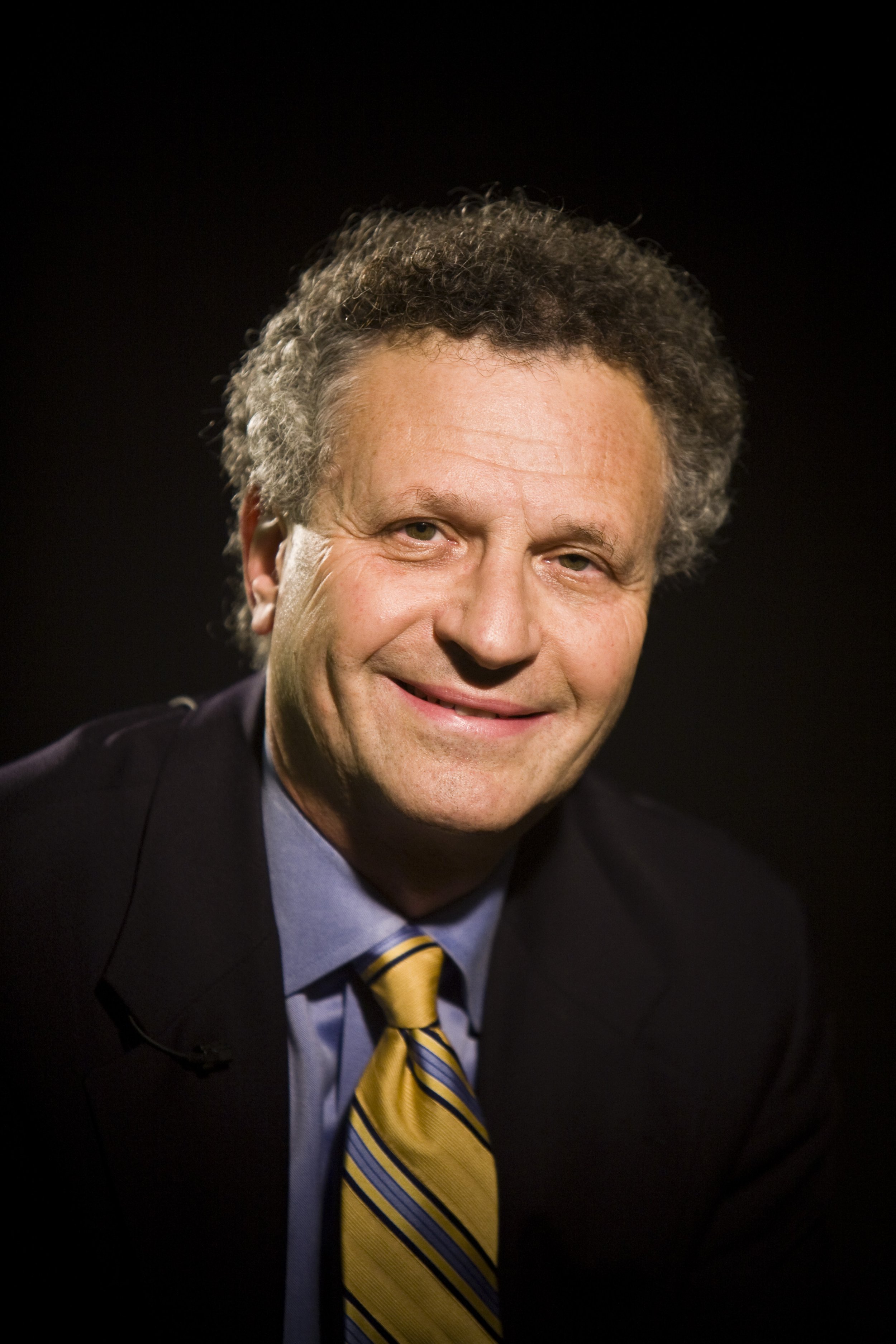
Stuart L. Lipton MD PhD, —Senior Advisor Neuroscience
Neurologist/neuroscientist Stuart Lipton, MD, PhD is a renowned expert in dementia. He received a B.A. in Neurobiology and immunology (Phi Beta Kappa) at Cornell University, an M.D. Ph.D. (Alpha Omega Alpha) at the University of Pennsylvania, and at Harvard University. In addition to running a basic-science laboratory at The Scripps Research Institute, he has an active clinical neurology practice at UC San Diego focusing on dementia and general neurology. Lipton completed his PhD thesis research with John Dowling at Harvard, followed by clinical residency and a postdoctoral fellowship at Harvard with Torsten Wiesel during the time that Wiesel won the Nobel prize. He was then on the Harvard faculty for over 20 years before moving to La Jolla as founding director of a new neuroscience center in 2000.
Dr. Lipton is best known for first describing the mechanism of action and contributing to the clinical development of the FDA-approved Alzheimer’s drug, memantine (Namenda®, NamendaXR®, Namzaric®), and for discovering the posttranslational redox modification known as protein S-nitrosylation. Recently, Lipton and colleagues combined memantine with S-nitrosylation chemistry to produce a new drug called NitroSynapsin, which displays disease-modifying activity in animal models of Alzheimer’s disease, both protecting synapses and improving neurobehavioral deficits. Lipton’s group also characterized HIV-related pathways to neuronal damage, discovered the NR3 (now known at GluN3) family of modulatory NMDA-type glutamate receptor subunits in the brain, characterized the molecular pathways for protecting neurons with Erythropoietin, and discovered the transcription factor MEF2C. His group showed that MEF2C activity is regulated by S-nitrosylation and serves as a master switch for neurogenesis from human neural stem cells. Dysregulated MEF2C is involved in the pathogenesis of Parkinson’s disease, Alzheimer’s disease, Autism-Spectrum Disorder, and Vascular dementia.
Ongoing research in the lab is focused on 2D human induced pluripotent stem cell (hiPSC)-derived cultures and 3D cerebral organoid models of neurodegenerative and neurodevelopmental disease and aberrant redox/S-nitrosylation pathways leading to synaptic damage. Using these approaches, the Lipton group is developing novel drugs to combat Alzheimer’s disease (AD), Parkinson’s disease (PD), Vascular dementia (VaD), and other neurodegenerative disorders, as well as Autism-Spectrum Disorder (ASD) and Intellectual and Developmental Disabilities (IDD). Tissue culture models complement whole-animal approaches. A plethora of techniques is employed, including chemical biology, molecular biology, patch-clamp electrophysiology, calcium imaging, and neurobehavioral paradigms
Stuart is an Elected Fellow of the American Association for the Advancement of Science, the American Academy of Neurology and the American Neurological Association. Stuart received the Ernst Jung Prize in Medicine (2004).
-

John Cambier, PhD — Senior Advisor, Immunology
Dr. Cambier completed Masters and Ph.D. training in virology and immunology at the University of Iowa and postdoctoral training at the University of Texas Southwestern Medical Center before being appointed to the faculty at Duke University in 1978. In 1983 he was recruited to the National Jewish Medical and Research Center in Denver, where he served as Head of the Division of Basic Sciences in the Department of Pediatrics. In 1999 Dr. Cambier became the first permanent chair of the Integrated Department of Immunology, which was a fusion of new academic departments at the University of Colorado School of Medicine and National Jewish Medical and Research Center. In 2014, he became Chairman of the Department of Immunology and Microbiology at the University of Colorado School of Medicine, where he is currently an Emeritus Distinguished Professor. Dr. Cambier has published more than 300 original research papers and reviews. His research is focused on intracellular signaling in cells of the immune system with particular interest in the role of inhibitory receptors and feedback regulatory circuitry in regulation of adaptive and innate immune function. Dr. Cambier is probably best known for his original characterization of structure and function in transmembrane signal transduction of CD79a/b components of the B cell antigen receptors, and initial description of the role of phosphotyrosine (SHP-1) and phosphoinosotide (SHIP-1) phosphatases in feedback and active inhibitory FcR-mediated signaling. More recent studies focus in molecular signaling pathways that maintain B cell anergy, and how they are defeated in the development of autoimmunity. Dr. Cambier’s laboratory was the first to clone and characterize the function of STING, a molecule involved in transduction of intracellular innate immune signals.
